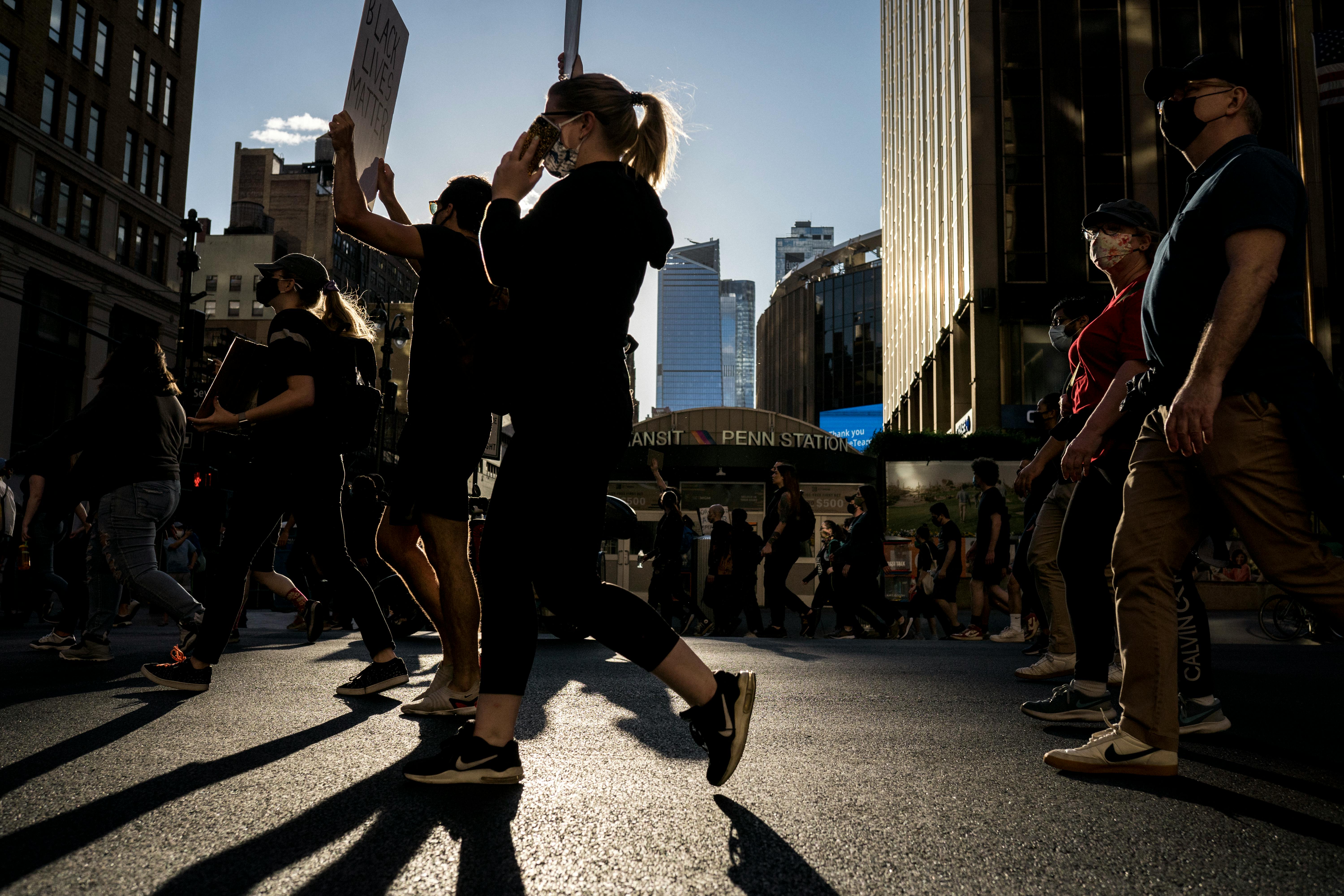Pulling the trigger for criminal possession of a weapon
There are different types of gun ownership and whether they are considered illegal depends on the laws of your state. These types of possession are categorized into simple possession, carrying a concealed weapon, carrying in plain sight, and carrying on or around a person. Simple possession is the most serious and covers anything that is considered a great threat and has more military than personal use, but also involves those who have a prior court order stating that they are not allowed to possess a weapon due to a previous. conviction, mental illness or speech. It may be legal to carry a concealed weapon in certain parts of the US, as long as that weapon is registered and licensed to a qualified person, but it becomes illegal when the person violates a state law or a personal court order. Wearing a sight may be a requirement for certain occupations, such as police officers, but can have serious consequences for civilians. Carrying on or around a person combines sight and concealment and makes carrying a weapon of any kind a crime. A criminal attorney or attorney can help you when it comes to dealing with any of these types of unlawful possession charges.
The sentence for each of these possession allegations varies depending on the weapon, the charge, and where the arrest was made. Depending on the circumstances of your case, you can receive anywhere from a Class A misdemeanor charge of up to 1 year in county jail along with a $4,000 fine to a third degree felony charge of up to 10 years in prison. up to $10,000 in fines. When possession of a weapon is linked to serious criminal activity, such as drug dealing or a sexual offense, the consequences become even more stringent and fines and sentences increase. If these weapons have anything to do with arms trafficking and/or are illegal in nature, you may face mandatory prison or jail time in addition to any other charges against you. The case may be escalated to the federal level depending on the circumstances of the charge.
The severity of the pending charges will indicate whether or not the individual can be released from jail on bail. If there is a prior record involved, this may affect whether bail is given and the amount that will need to be posted. There has recently been a push to increase bail amounts for criminal possession of weapons to not only prevent people from getting out of jail, but also increase the severity of the consequences of the crime in hopes of deterring people from breaking the law. the law in this way. If the individual is deemed to be a threat to the safety of the public, bail may be denied.
It is important that if you own a gun or plan to own a gun, you know the gun laws in your state. Even if you don’t have a criminal record, make sure you are aware of these laws so you know your rights and what is considered illegal when it comes to owning a gun. If you are arrested on an illegal weapon charge, call your criminal defense attorney right away. Criminal possession of a gun can have dire consequences, but an experienced federal criminal defense attorney can provide you with the advice and direction you need to fight your case in the most beneficial way.
